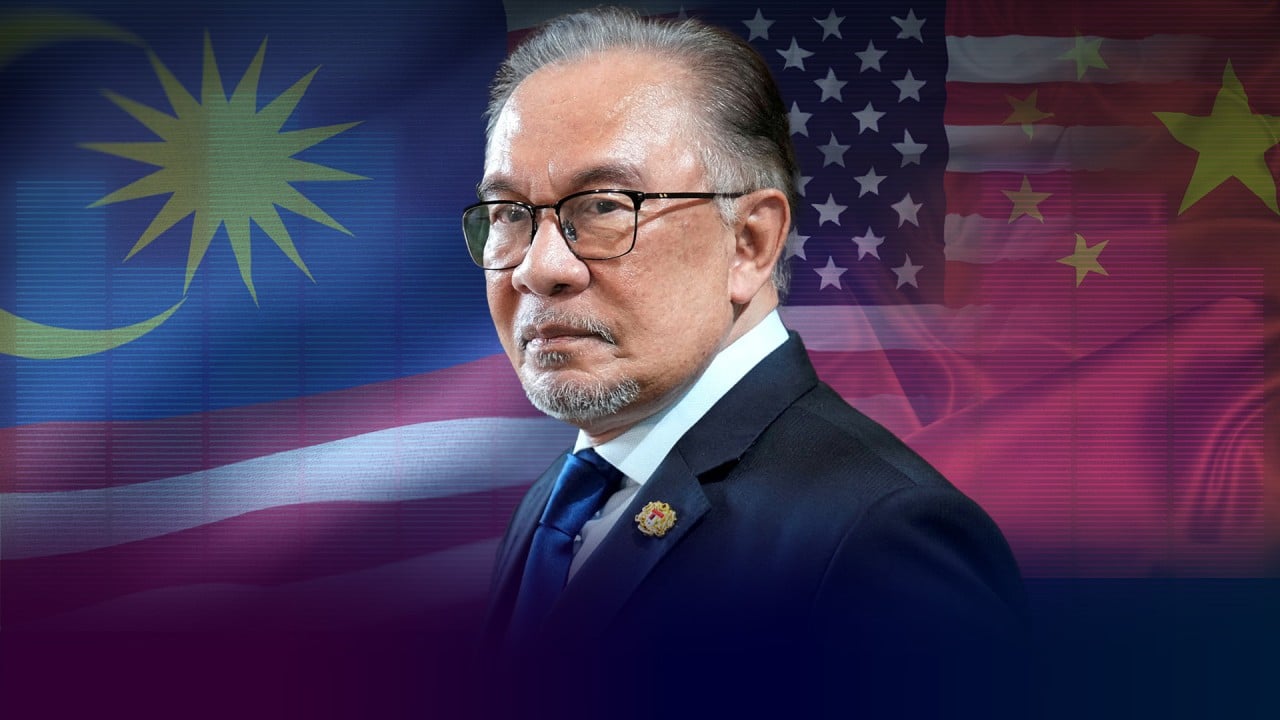Malaysia’s anti-party hopping law tested by controversial ruling on sacked MPs
- The parliamentary speaker’s decision to let the MPs keep their seats could undermine the law meant to maintain political stability

The speaker’s decision will likely “come back to haunt” the government as it potentially paves the way for MPs on either side of the divide to break ranks in pursuit of their individual interests, said Syaza Farhana Mohamad Shukri, the head of the political science department at the International Islamic University of Malaysia.
“It can and definitely will be used against the government,” she added.
Speaker Johari Abdul informed opposition party Bersatu on Tuesday that there would be no vacancy in the seats held by six former party MPs, who were sacked earlier this year for declaring their support for Anwar in exchange for financial support from the government for their constituencies.
The opposition said they will pursue “appropriate” legal action to challenge the speaker’s interpretation of the law, which they described as “twisted” and a betrayal of the constitutional amendments meant to clamp down on MPs switching political parties.
“Bersatu has decided to take action by appointing legal experts to take the appropriate action to uphold the federal constitution and the party constitution of Bersatu,” party president Muhyiddin Yassin said in a statement on Wednesday.

